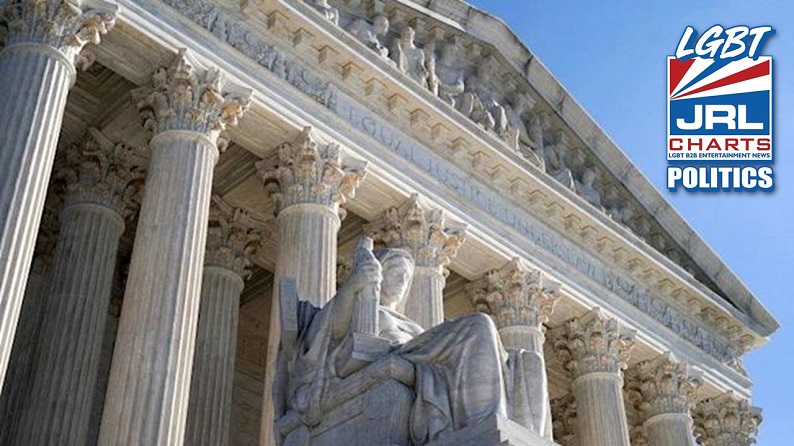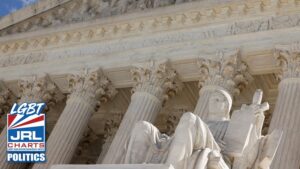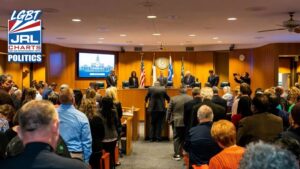WASHINGTON D.C. — (02-22-22) — The U.S. Supreme Court agreed on Tuesday, to review an argument in the case of 303 Creative LLC v. Elenis, a case about a Colorado wedding website designer’s refusal to make her services available for same-sex weddings. Nearly four years after the SCOTUS declined to decide whether compelling a Colorado baker to bake a cake for same-sex couples would violate his right to freedom of speech, the now 6-3 conservative court is ready and eager to take this case on!
Although the designer’s anti-gay marriage stance is based on religious belief, the conservative packed SCOTUS is limiting the case to only litigate the free-speech implications of the Colorado law and not the issue of religious liberty.
Background on 303 Creative LLC v. Elenis:
The case started when artist Lorie Smith decided to snub the Colorado Anti-Discrimination Act by posting a disclaimer on her website explaining why she would only design sites for heterosexual weddings.
That Colorado Anti-Discrimination Act law restricts the ability of a “public accommodation” to turn away customers based on their identity, including sexual orientation, or even communicate an intent to offer unequal treatment on this basis.
The Colorado Anti-Discrimination Act defines a public accommodation as a business that serves the public and is not principally used for religious purposes.
Now here is the kicker, before artist Lorie Smith posted her disclaimer, she had already filed a preemptive lawsuit challenging the law over concerns that her message would otherwise run afoul of the nondiscrimination law.
Smith’s proposed disclaimer read that due to her religious convictions, “I will not be able to create websites for same-sex marriages or any other marriage that is not between one man and one woman. Doing that would compromise my Christian witness and tell a story about marriage that contradicts God’s true story of marriage — the very story He is calling me to promote.”
Thinking that she had a winning case, Smith was handed a reality check when a federal district court ruled against her. A divided three-judge panel of the U.S. Court of Appeals for the 10th Circuit upheld the lower court ruling, concluding that “The First Amendment did not protect Smith’s plan to deny services or publish her intention to do so,”.
Alliance for Freedom, who is representing Lorie Smith, said that “This could be a landmark case for religious liberty and artistic freedom. We look forward to representing Lorie before the high court.”
Argument in the case of 303 Creative LLC v. Elenis, will take place next term.
Article by: Paul Goldberg, Staff Writer
Sign Up Below for #JRLCHARTS Breaking News and Follow @JRLCHARTS Daily on Twitter
- Todrick Hall (DANCE IV LIFE) Official Music Video - April 23, 2024
- Orion ships 2 New Ergonomic Dual Vibrators from Sweet Smile - April 23, 2024
- Falcon|NakedSword Hosts ‘Desert Moon’ Screening at CCBC - April 23, 2024







